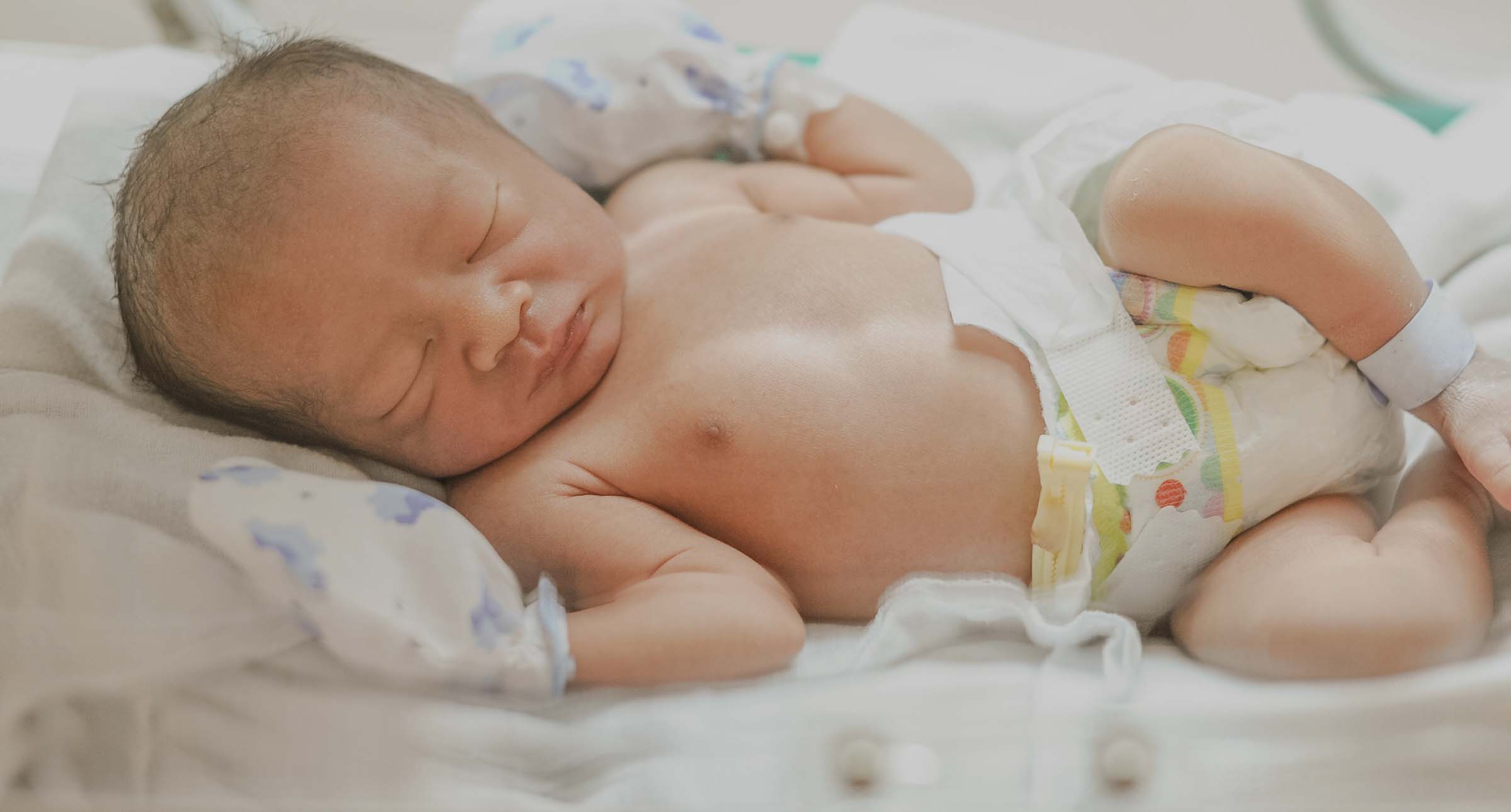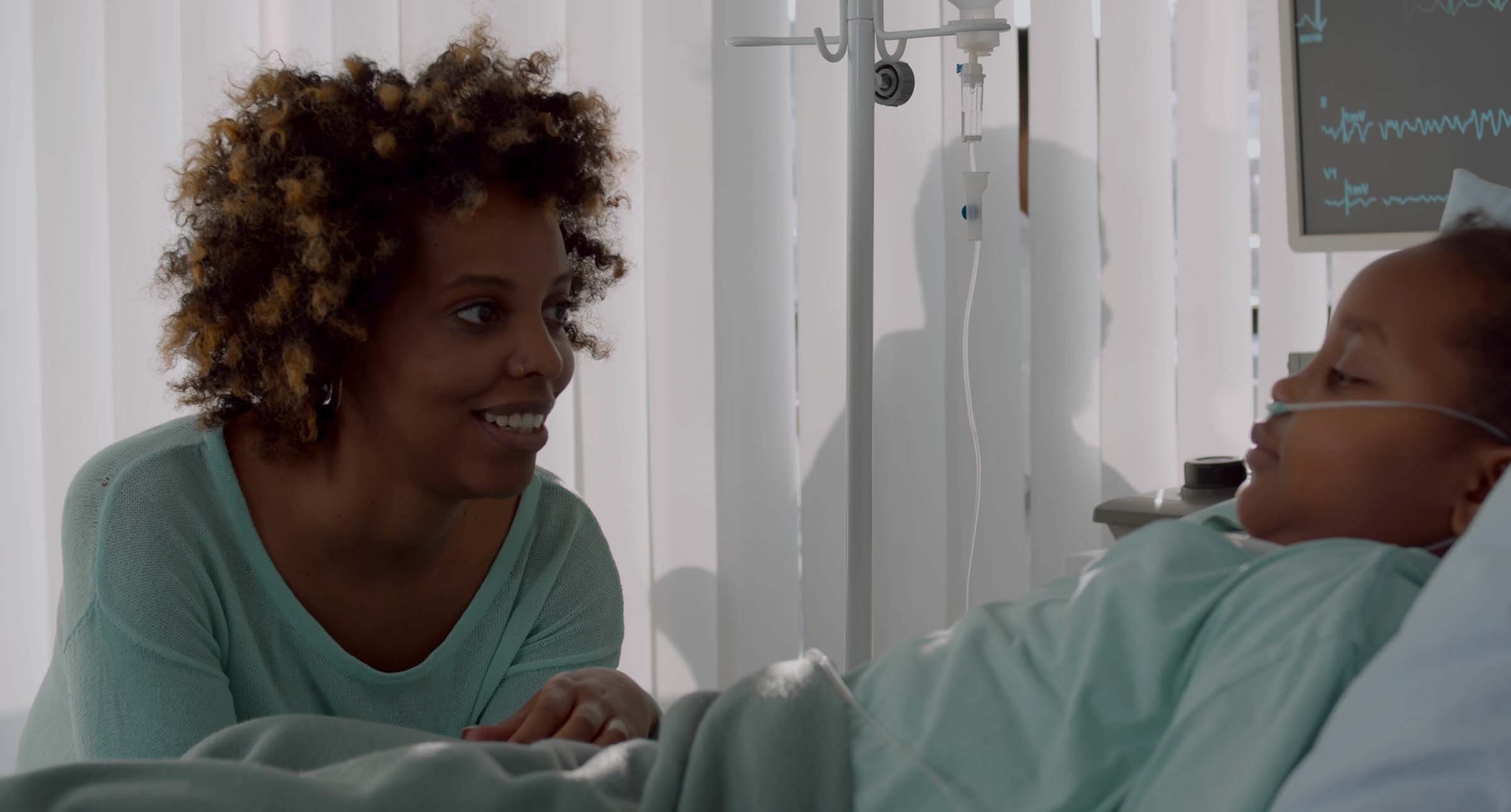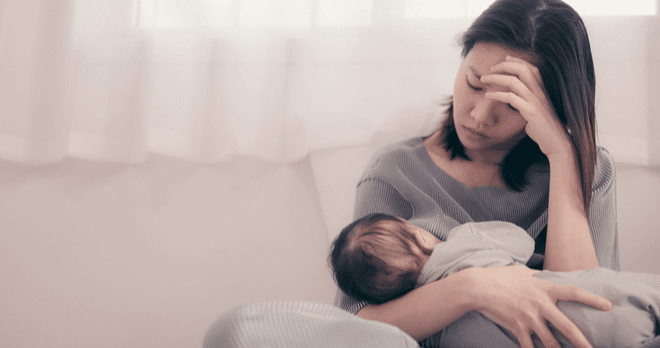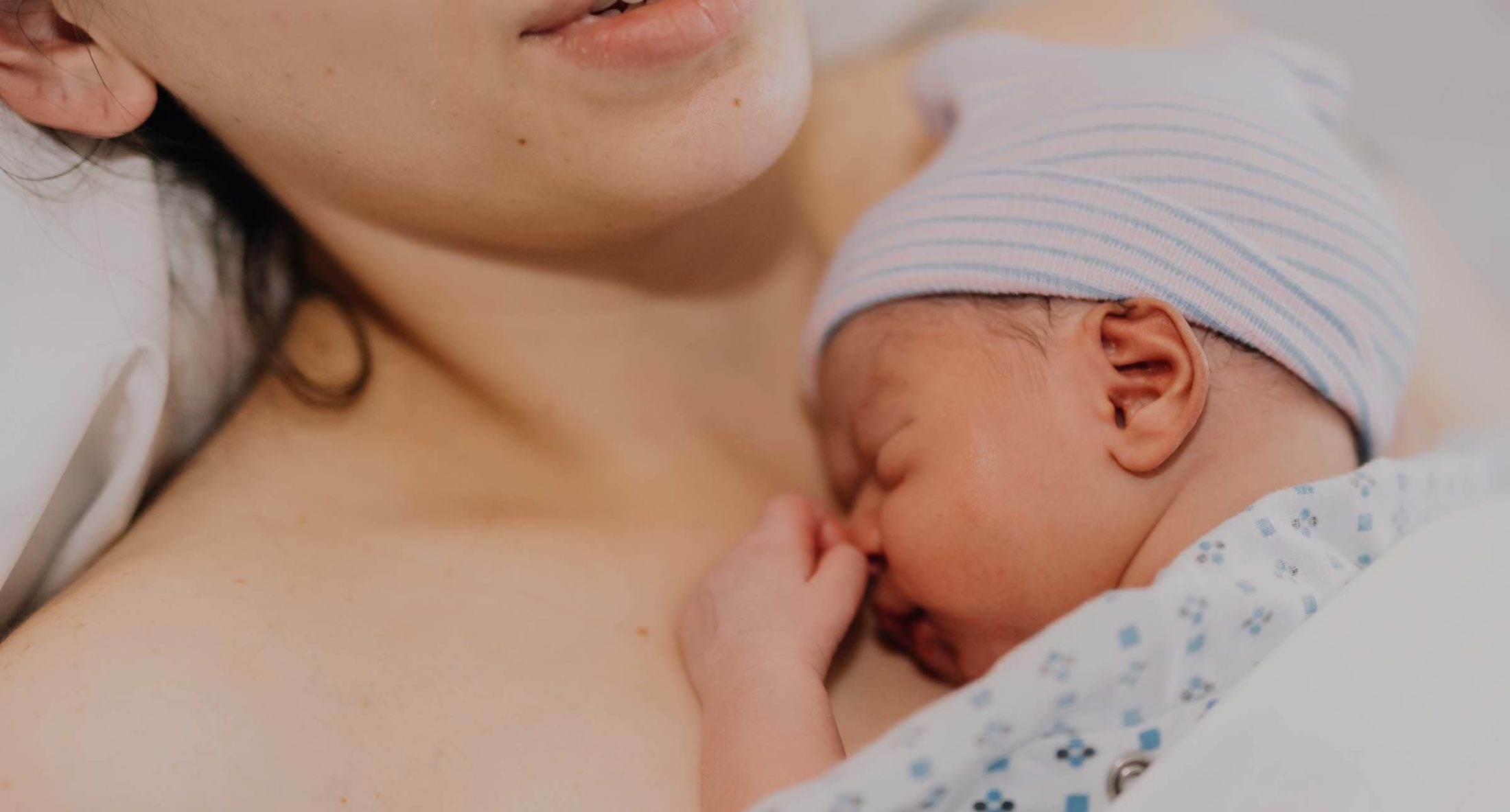

Helping you make a claim for maternal injury
Our specialist solicitors are here to help you seek answers as to what happened as well as compensation.
Call for a free consultation on whether you have a claim
- No Win No Fee funding available
- We can help find the right support for you
- Offices serving all of England & Wales
- Track record of successful claims
Here to look out for mum
An experienced team of solicitors here to help mums who have been injured during childbirth.
Our specialist medical negligence team have experience of dealing with all types of injuries as a result of childbirth, and take the time to listen to what has happened to you and to provide free initial advice as to whether you can pursue a claim for compensation for your injuries.
The scenarios that can lead to a medical negligence claim include the following:
- Bowel injuries
- Stillbirth
- Wrongful birth
- Injuries related to sepsis
- Post-Partum Haemorrhage (PPH)
How much might a claim for injury during childbirth be worth?
The levels of compensation we will look to recover for you will not only relate to the physical pain and suffering experienced but any ongoing therapy, treatment or surgery required.
We will consider with you whether your injury has led to you requiring care from friends or family and whether you will require further care in the future, and will also consider any loss of earnings you may have incurred or whether you would benefit from any specialist equipment.
How long does a claim take?
The time taken to conclude a maternal injury case often depends upon the approach taken by the Defendant Trust and whether they make early admissions of negligence or pursue the case through court.
It is also important that while working with a team of experts, we are able to get a clear understanding of your prognosis and how the injury is likely to impact upon you for the rest of your life before trying to negotiate a settlement of your case. For these reasons, the time taken to reach a settlement of a case can vary from case to case. That said, it is often possible to conclude these types of cases within one to three years of investigation.
How can a claim be paid for?
For these types of cases there are usually two ways to fund a claim. The most common one is when we enter into a “no win no fee” agreement which is also known as a Conditional Fee Agreement (CFA). Alternatively, you might have a legal expense insurance policy that you could use, even if you might not know you have it.
Our team will discuss your possible case with you and the main thing to note is that if your case is viable, we can always find a way to fund it, and we will chose the way that best meets your needs.
What if my child is also injured, can RWK Goodman help?
Yes. It is very common for our specialist team to represent both a mother and baby who have both been injured due to the circumstances of the birth.
We have a specialist team of birth injury solicitors and we will consider whether there may be a potential claim for both you and your baby at the outset of our investigations.
Our specialist medical negligence solicitors are experts in maternal injury claims, here to help you with sensitive, confidential advice. Please get in touch with us if you want a free consultation on whether you have a claim for compensation.
Call for a free consultation today
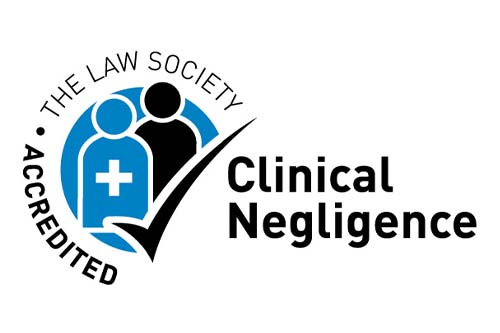
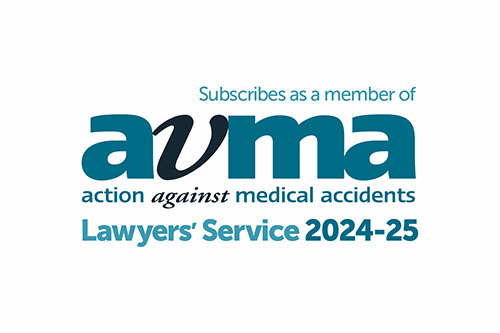
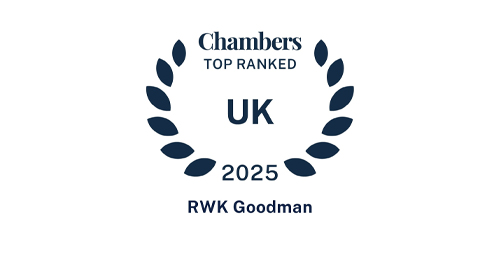
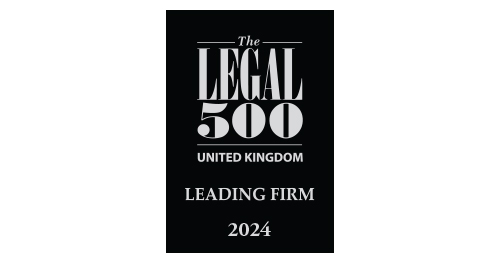
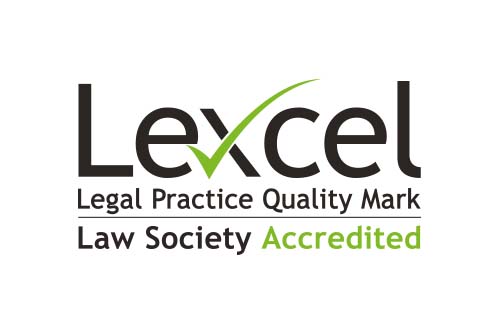
How your injuries may have occurred
There are a few ways in which negligent care may have resulted in your maternal injury. Here we explain, depending on the injury, when medical negligence could have caused it.
Sadly injuries to the bladder and bowel can happen naturally during childbirth, but there are situations where these injuries occur when they should not. This may be because a mother was not properly advised of the risks of vaginal delivery, the delivery itself was not managed appropriately, or the aftercare was not as it should have been.
The extent of these injuries can vary and the prognosis is often worse if a primary repair is not carried out properly. These can occur because the risks of a vaginal delivery were not explained to a mother and she was not offered any alternative options, if the birth was not managed appropriately leading to a perineal tear, or when a perineal tear occurred naturally but was not repaired correctly. The injury can lead to long-term incontinence of faeces and flatus as well as ongoing pain.
Ogilvie’s Syndrome is a rare complication following caesarean section that causes abdominal distension, impaired bowel function and abdominal pain. If left untreated gases build up in the colon causing ischaemia and/or perforation of the caecum. Early recognition following caesarean section is essential to avoid bowel perforation. Sadly, our team have now represented a number of mothers where Ogilvie’s Syndrome was not diagnosed until it was too late, causing them to suffer peritonitis requiring urgent surgery and formation of an ileostomy.
Not all stillbirths are preventable, but our specialist medical negligence team have represented mothers where sadly, they did not receive the check-ups or treatment during pregnancy that can help detect problems to keep baby’s alive and healthy. Such cases are extremely traumatic for families and we understand that it is difficult for families to relive such a traumatic event which is why we work closely with families to try and make pursuing the case as easy as possible. While no compensation can bring a lost child back we work with families to recover the cost of therapy, loss of earnings and other related expenses that have arisen due to their loss.
Wrongful birth is a legal term that refers to the birth of a child who would not have been born without negligent treatment. A wrongful birth case can be brought by parents when there has been either:
- a failed sterilisation/vasectomy; or
- a failure to warn about a specific disability
A wrongful birth claim following a failed sterilisation/vasectomy can lead to compensation for physical and emotional pain, distress of an unwanted pregnancy and labour, and any additional re-sterilisation procedure. It is not, however, possible to receive compensation for the loss of bringing up a healthy child born as a result of failed sterilisation.
Where parents have not been warned that a child would be born with specific disability, and if they had been warned, they decided to terminate the pregnancy, they can pursue a claim for wrongful birth. The parents can pursue a case for the compensation for the costs associated with the child’s disability.
There are many other scenarios that can give rise to a medical negligence claim during childbirth. If you believe you may have suffered an injury following childbirth, get in touch with one of our specialists who will be happy to offer you a free consultation on whether you have a claim.
Sepsis is a complication suffered by some women in pregnancy (maternal sepsis) or after the delivery of their child (post partum sepsis),when the body responds in an extreme manner to infection causing systemic damage to organs and tissues in the body, usually causing heart and multi-organ failure if untreated.
Sepsis is one of the leading causes of maternal deaths. Common infections which go onto to develop into sepsis relate to perineal injuries becoming infected, spreading into the uterus and the blood stream. It is therefore extremely important for mothers and midwives to be highly alert to the signs of infection during and after pregnancy so that treatment can be offered at an early stage. Failure to spot clear signs of infection and to refer women into hospital for investigation and treatment can result in unnecessary delays and significant worsening symptoms and consequences (such as the need for a hysterectomy), which can be avoided with early intervention.
Risk factors associated with higher rates of sepsis include gestational or Type 1 diabetes, anaemia, perineal and pelvic infections, caesarean sections, Group B or Group A Streptococcus infections and the prolonged rupture of membranes. Early treatment of sepsis is paramount and is a medical emergency.
PPH refers to excessive blood loss following childbirth. Several factors increase the risk of a mother experiencing a PPH such as induction of labour, prolonged labour, instrumental delivery, caesarean section and retained placenta.
A PPH is an obstetric emergency and requires urgent steps be undertaken to stop the bleeding. Most medical negligence cases arise from a delay or failure to carry out these steps.












